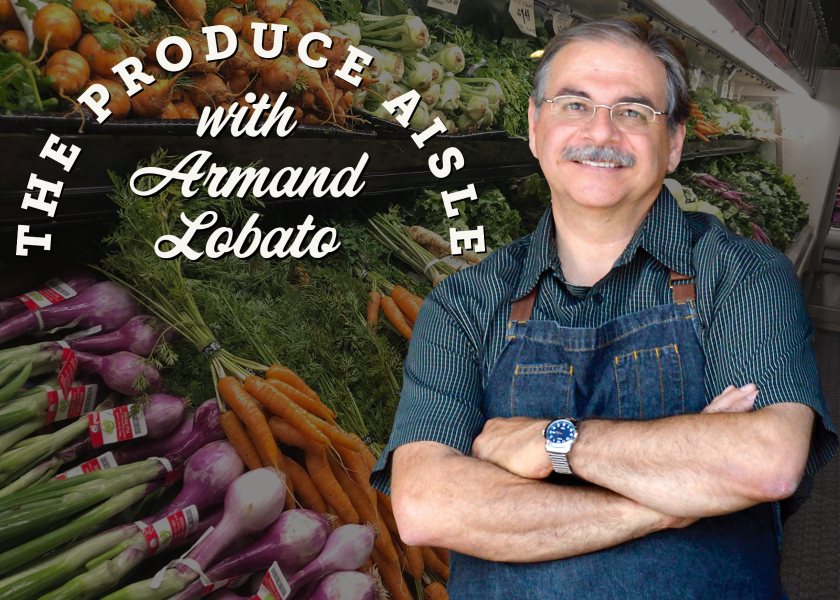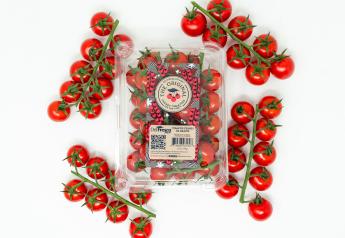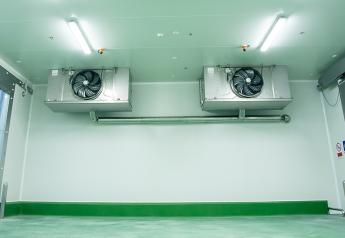How receiving operations can really deliver for everyone

It was a hectic day on the buying desk, as usual. The voice on the other end of the phone was familiar, yet somber.
“I can’t afford to do business with you guys,” he said.
It was a local broker. He was reliable and regularly covered our spillover Florida citrus needs, which in peak season amounted to four to 10 pallets every week to help fill our demand. He was professional, and we got along well; however, I’d never heard him so serious.
“I don’t understand,” I said. “What’s up?”
“My truck with the Florida partial has been sitting outside your yard since daybreak,” he said. “The driver’s been waiting over eight hours, and the guy in the guard shack there keeps pushing him off. We had a 6 a.m. appointment. That truck has three other stops to go today, and this holdup is pushing everything into tomorrow. This is turning into a regular thing. Seems every other truck gets the runaround. I know this isn’t your fault and you’ve got a hundred other things to do besides babysit the dock. It happens, we all know, but I just had to tell you flat out. This is killing me!”
I was embarrassed — unaware of the delay and not at all happy either.
I knew what the broker was going through, as I worked in that field for a couple of years. Coordinating partial loads for pickup at grower sources was challenge enough. But delays on the receiving end tests everyone’s patience. And when it comes to the time involved, it gets expensive.
It’s a reality of the produce business that doesn’t get enough attention, and it should.
Related: Read more from Armand Lobato
I suppose a good part of why delays occur revolves around receiving offices, especially in the larger receiving houses.
These often operate separately from the buying office and typically fall under “operations” or a similarly named department, and they don’t always have a sense of urgency. Most operations staffers I’ve worked with are great, but occasionally you come across the hardhead that, for whatever reason, finds it acceptable to be overcontrolling.
I recall such a conversation one afternoon when trying to allow a late truck.
“I need this truck to be accepted,” I said, arguing my case to the operations warehouse manager as the receiving clock neared closing time. “The storm that rolled through earlier held the driver up.”
“Well, he should have been here hours ago,” the warehouse operations manager said. “If I let him in now, who’s gonna pay for the overtime?”
“If you don’t allow the truck to unload, we’ll have hundreds of out-of-stocks tonight, and we’ll be running specials out to customers all day tomorrow at double overtime,” I reasoned. “C’mon, we need this!”
The ops manager relented, only after I slipped him one of my better produce ball caps as part of the deal. However, it was crazy. After all, it was our company, and we were talking about meeting service levels for our customers. Isn’t that reason enough? Unfortunately, this scenario plays out all too often.
There are two lessons here. The first is that any organization that deals with fresh produce works to meet both their external and internal customer needs. In this case the operations manager must consider all inbound deliveries as their customers and help them get into a dock, unloaded and on their way in a timely manner — especially with the numerous local, organic, specialty or other partials that make up so much of the inbound loads. I’ve known some companies that designate one of two “fast-lane” dock doors for exactly these in-and-out, lesser volume or LTL loads.
The second lesson is that it’s more than just showing courtesy for the inbound freight haulers, it’s also people’s livelihoods at stake. If you want these produce partners to be in business next week, next month or in years to come (when you will still need them) give ’em a break, show some cooperation and help keep the produce flowing.
I remember a movie catchphrase from years ago that applies well here.
“Help me help you.”
Armand Lobato works for the Idaho Potato Commission. His 40 years of experience in the produce business span a range of foodservice and retail positions.







